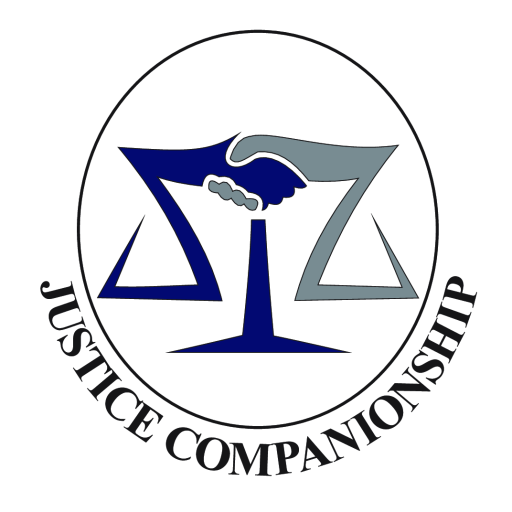THE CODE OF CRIMINAL PROCEDURE, 1973
ACT NO. 2 OF 1974
CHAPTER XXXV
IRREGULAR PROCEEDINGS
- 460.Irregularities which do not vitiate proceedings.—If any Magistrate not empowered by law to do any of the following things, namely:—
(a) to issue a search-warrant under section 94;
(b) to order, under section 155, the police to investigate an offence;
(c) to hold an inquest under section 176;
(d) to issue process under section 187, for the apprehension of a person within his local jurisdiction who has committed an offence outside the limits of such jurisdiction;
(e) to take cognizance of an offence under clause (a) or clause (b) of sub-section (1) of section 190; (f) to make over a case under sub-section (2) of section 192;
(g) to tender a pardon under section 306;
(h) to recall a case and try it himself under section 410; or
(i) to sell property under section 458 or section 459,
erroneously in good faith does that thing, his proceedings shall not be set aside merely on the ground of his not being so empowered. - 461.Irregularities which vitiate proceedings.—If any Magistrate, not being empowered by law in this behalf, does any of the following things, namely:—
(a) attaches and sells property under section 83;
(b) issues a search-warrant for a document, parcel or other things in the custody of a postal or telegraph authority;
(c) demands security to keep the peace;
(d) demands security for good behaviour; - (e) discharges a person lawfully bound to be of good behaviour;
- (f) cancels a bond to keep the peace;
- (g) makes an order for maintenance;
- (h) makes an order under section 133 as to a local nuisance;
- (i) prohibits, under section 143, the repetition or continuance of a public nuisance;
- (j) makes an order under Part C or Part D of Chapter X;
- (k) takes cognizance of an offence under clause (c) of sub-section (1) of section 190;
- (l) tries an offender;
- (m) tries an offender summarily;
- (n) passes a sentence, under section 325, on proceedings recorded by another Magistrate; (o) decides an appeal;
- (p) calls, under section 397, for proceedings; or
- (q) revises an order passed under section 446,
- his proceedings shall be void.
- 462.Proceedings in wrong place.—No finding, sentence or order of any Criminal Court shall be set aside merely on the ground that the inquiry, trial or other proceedings in the course of which it was arrived at or passed, took place in a wrong sessions division, district, sub-division or other local area, unless it appears that such error has in fact occasioned a failure of justice.
- 463.Non-compliance with provisions of section 164 or section 281.—(1) If any Court before which a confession or other statement of an accused person recorded, or purporting to be recorded under section 164 or section 281, is tendered, or has been received, in evidence finds that any of the provisions of either of such sections have not been complied with by the Magistrate recording the statement, it may, notwithstanding anything contained in section 91 of the Indian Evidence Act, 1872 (1 of 1872), take evidence in regard to such non-compliance, and may, if satisfied that such non-compliance has not injured the accused in his defence on the merits and that he duly made the statement recorded, admit such statement.
(2) The provisions of this section apply to Courts of appeal, reference and revision. - 464.Effect of omission to frame, or absence of, or error in, charge.—(1) No finding, sentence or order by a Court of competent jurisdiction shall be deemed invalid merely on the ground that no charge was framed or on the ground of any error, omission or irregularity in the charge including any misjoinder of charges, unless, in the opinion of the Court of appeal, confirmation or revision, a failure of justice has in fact been occasioned thereby.
(2) If the Court of appeal, confirmation or revision, is of opinion that a failure of justice has in fact been occasioned, it may,—
(a) in the case of an omission to frame a charge, order that a charge be framed, and that the trial be recommended from the point immediately after the framing of the charge;
(b) in the case of an error, omission or irregularity in the charge, direct a new trial to be had upon a charge framed in whatever manner it thinks fit:
Provided that if the Court is of opinion that the facts of the case are such that no valid charge could be preferred against the accused in respect of the facts proved, it shall quash the conviction. - 465.Finding or sentence when reversible by reason of error, omission or irregularity.—(1) Subject to the provisions hereinbefore contained, no finding, sentence or order passed by a Court of competent jurisdiction shall be reversed or altered by a Court of appeal, confirmation of revision on account of any error, omission or irregularity in the complaint, summons, warrant, proclamation, order, judgment or other proceedings before or during trial or in any inquiry or other proceedings under this Code, or any error, or irregularity in any sanction for the prosecution, unless in the opinion of that Court, a failure of justice has in fact been occasioned thereby.
(2) In determining whether any error, omission or irregularity in any proceeding under this Code, or any error or irregularity in any sanction for the prosecution has occasioned a failure of justice, the Court shall have regard to the fact whether the objection could and should have been raised at an earlier stage in the proceedings. - 466.Defect or error not to make attachment unlawful.—No attachment made under this Code shall be deemed unlawful, nor shall any person making the same be deemed a trespasser, on account of any defect or want of form in the summons, conviction, writ of attachment or other proceedings relating thereto.
